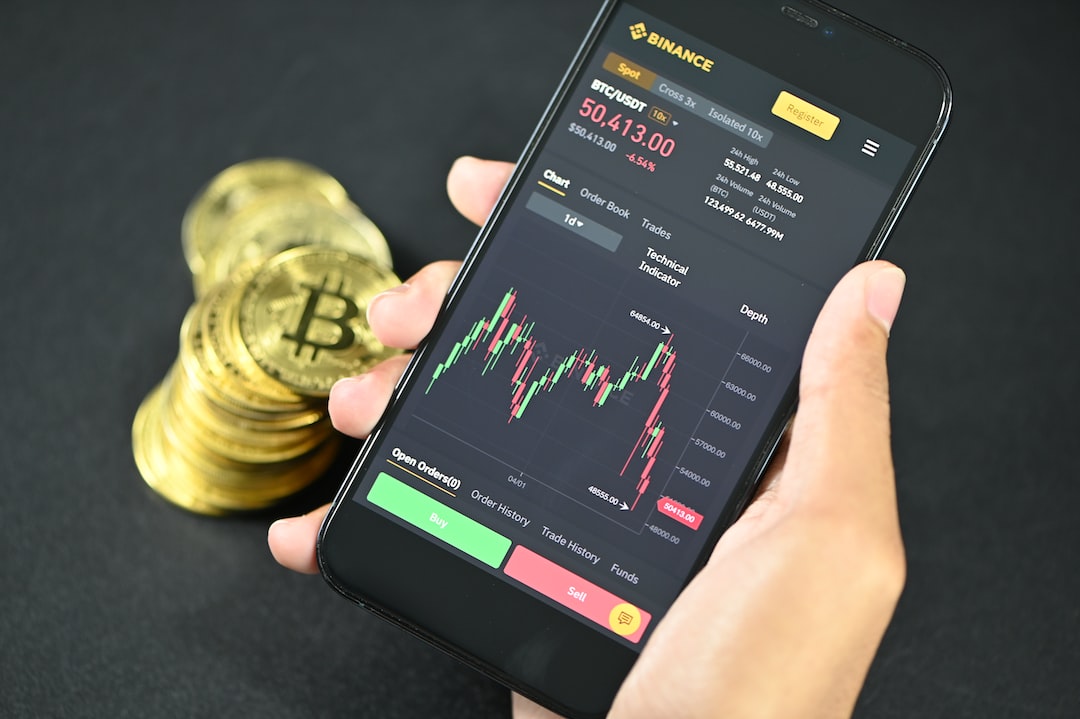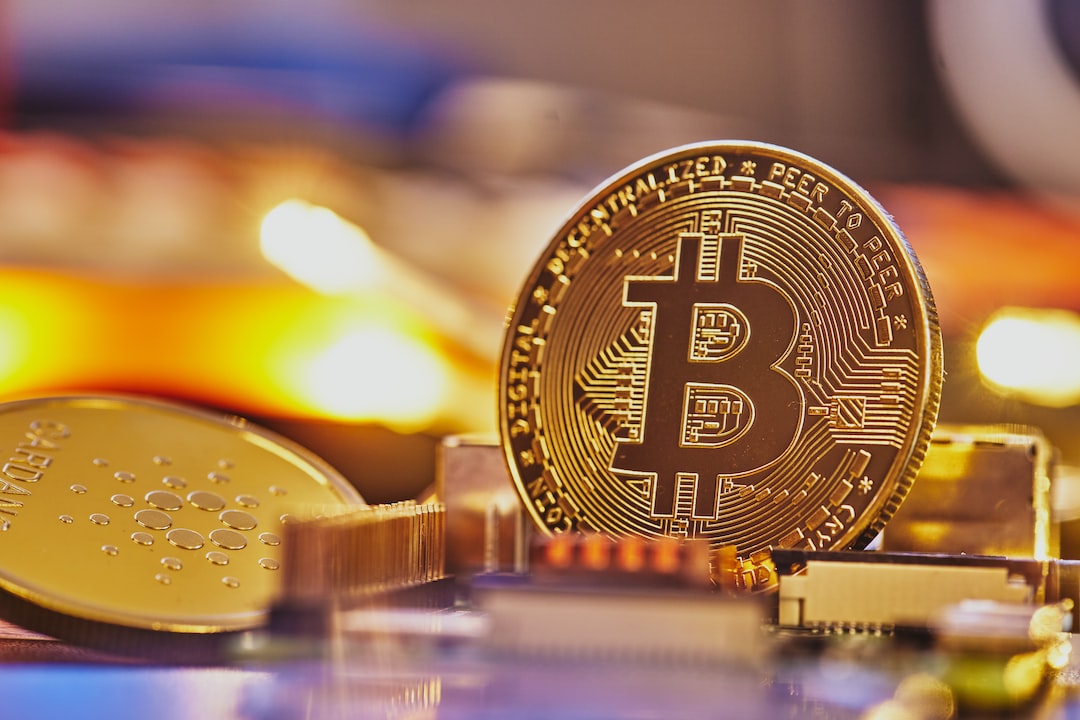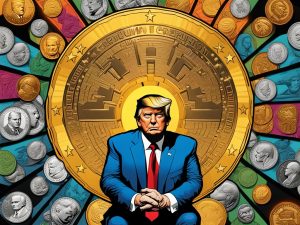The Darknet and Monero: Exploring the Connection and Controversies
Have you ever heard of the Darknet? It’s a mysterious and hidden world, a part of the internet that is not easily accessible to the average user. The Darknet is known for its shady activities and illegal transactions, and one of the cryptocurrencies that has gained popularity in this secretive realm is Monero. In this article, we will delve into the connection between the Darknet and Monero, as well as the controversies surrounding them.
Understanding the Darknet
The Darknet, also referred to as the Dark Web, is a part of the internet that operates on encrypted networks and requires specialized software to access. This hidden corner of the online world offers anonymity and privacy, making it a breeding ground for all sorts of illegal activities, such as drug trafficking, hacking, and money laundering.
With its anonymous nature, the Darknet has become a haven for criminals seeking to avoid detection by law enforcement agencies. Transactions in this underworld often involve cryptocurrencies due to their decentralized and pseudonymous nature. And one cryptocurrency that has emerged as the currency of choice in the Darknet is Monero.
Monero: The Untraceable Cryptocurrency
Unlike Bitcoin, which is the most well-known cryptocurrency, Monero focuses on privacy and untraceability. It utilizes advanced cryptographic techniques that conceal the origin, amount, and destination of every transaction made. This intriguing aspect has made Monero the preferred cryptocurrency for those operating on the Darknet.
Monero employs a technology called “Ring Signatures,” which mix a user’s transaction with a group of other transactions, making it nearly impossible to trace the original sender. Additionally, it uses “Stealth Addresses” to protect the recipient’s identity. These features give Monero an unparalleled level of anonymity that has attracted both legitimate users concerned about privacy and individuals with illicit intentions.
The Controversies Surrounding Monero
While Monero has gained popularity in the Darknet due to its privacy features, it has also attracted widespread criticism and concerns. The primary issue revolves around the potential misuse of the cryptocurrency for illegal activities. Critics argue that Monero enables money laundering, tax evasion, and facilitates the purchase of illicit goods on the Darknet.
Furthermore, Monero’s anonymous nature has attracted the attention of law enforcement agencies and regulatory bodies worldwide. Efforts have been made to crack down on the use of Monero and other privacy-oriented cryptocurrencies, as they pose significant challenges for investigators trying to track illegal activities.
The Future of Monero and the Darknet
As law enforcement agencies and regulators intensify their efforts to combat illegal activities on the Darknet, the future of Monero and its connection to this hidden world remains uncertain. Governments are exploring ways to regulate cryptocurrencies, and tracking technologies are continuously evolving to expose illicit transactions made using privacy coins like Monero.
Despite the controversies, it is crucial to acknowledge that Monero also has legitimate use cases. Privacy-conscious individuals who genuinely value their online anonymity embrace Monero for personal financial transactions. And for regions with unstable economies or oppressive regimes, Monero provides a means of financial freedom and protection against censorship.
Frequently Asked Questions (FAQs)
1. Is Monero illegal?
No, Monero is not illegal. It is a decentralized cryptocurrency that can be used for various purposes, both legitimate and illicit.
2. Can you be traced when using Monero?
Due to Monero’s privacy features, it is significantly more challenging to trace transactions compared to other cryptocurrencies. However, it is not entirely impossible for sophisticated investigators to gather relevant information.
3. Should I invest in Monero?
Investing in cryptocurrencies carries inherent risks. It is important to conduct thorough research and seek professional advice before making any investment decisions.
4. Is the Darknet entirely illegal?
While the Darknet hosts illegal activities, not all activities within it are illicit. There are legitimate use cases such as online anonymity and bypassing censorship.
5. Can Monero be tracked?
Monero’s privacy features make it challenging to track transactions. However, various techniques are continuously being developed to enhance traceability.
In conclusion, the Darknet and Monero share a close connection, with the cryptocurrency being widely used for transactions within this hidden world. While the association with illegal activities may tarnish Monero’s reputation, it is essential to recognize that it also has legitimate applications. As the world of cryptocurrencies evolves, so too will the regulations and challenges surrounding Monero and its role within the Darknet.





 By
By
 By
By
 By
By
 By
By
 By
By
 By
By